According to the information the AA correspondent received from the officials of the General Directorate of Public Health, with the arrival of the summer months, body temperature also increases due to the increase in temperature and humidity. Due to the heat, water and mineral loss may occur in the body, which can turn into health problems such as fainting, nausea and dizziness.
People aged 65 and over, young children, those in need of care, disabled individuals, pregnant women, those working outdoors and doing heavy work, athletes, diabetes, cardiovascular diseases, cerebrovascular diseases, psychological diseases, chronic respiratory system diseases are most affected by extreme heat. People with chronic diseases such as liver diseases, kidney diseases, and those who constantly use blood pressure reducers, diuretics, depression and sleeping medications are affected.
It is recommended to wear loose, light and light-coloured clothing to protect against extreme heat, and to take a warm shower to cool off during the day.
“EXCESSIVE FLUID LOSS CAN CREATE A DANGER”
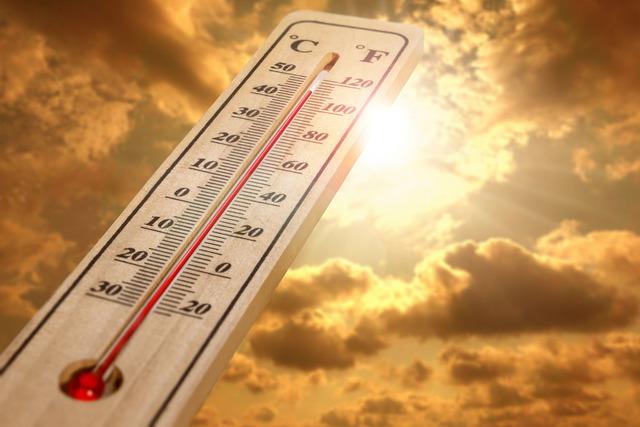
It is important to drink more water than usual during the hot summer months and not to wait until you feel thirsty to consume water. Since water is the most natural and important source of fluid for the body, excessive fluid loss can be dangerous.

Water, digestion of food, absorption of nutrients and transportation to cells, formation of biochemical reactions in cells, functioning of cells, tissues, organs and organ systems, transportation and excretion of harmful substances resulting from metabolism, control of body temperature, lubrication of joints, calcium, magnesium, fluoride, etc. It is vital to provide minerals.
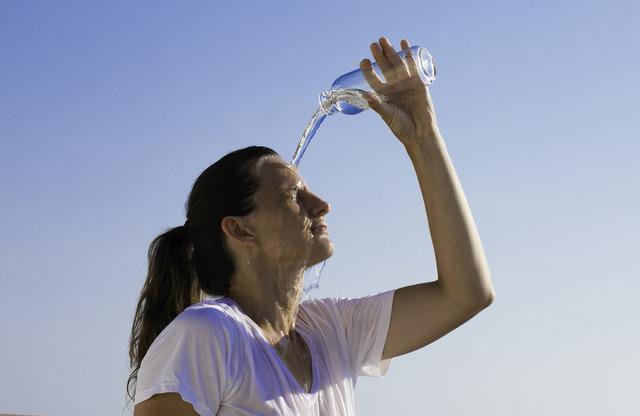
Water requirement can vary depending on air temperature, physical activity and diet consumed. In hot weather, when there is a lot of physical activity, when the amount of protein and salt in the diet is high, water excretion increases through sweating and kidneys, through respiration in febrile illnesses, and through the intestines in diarrhea. In this case, the need for water-liquid also increases.
“CONSUMPTION OF FOODS SOLD OUTSIDE AND OPEN SHOULD BE AVOIDED”
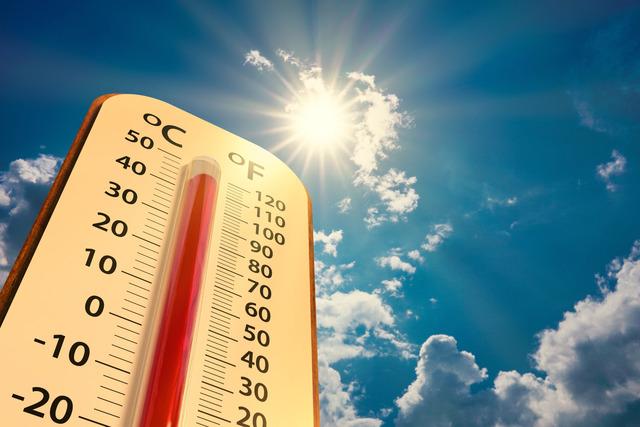
Nutrition is also of great importance to protect against the negative effects of hot weather. It is recommended to protect your health in extreme heat, eat adequate and balanced nutrition, and avoid heavy meals.
Foods that raise or lower blood sugar rapidly should not be preferred, and care should be taken to consume fibrous foods such as whole wheat bread and bulgur instead of white bread and rice.
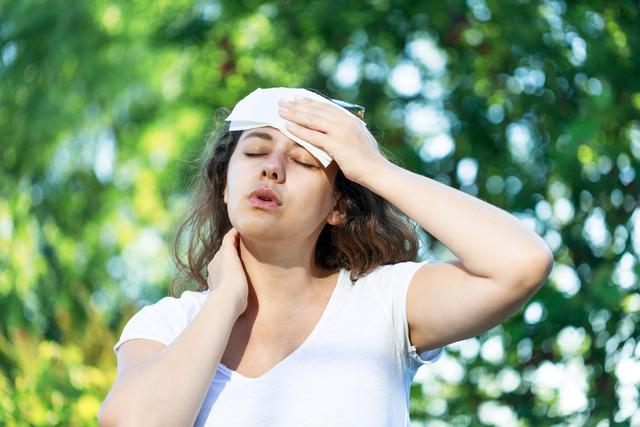
It is recommended to reduce the consumption of sugary foods such as pure sugar and desserts, cakes, biscuits and chocolates, which are simple carbohydrates with high energy. It is recommended to eat milk or fruit desserts instead of pastries.
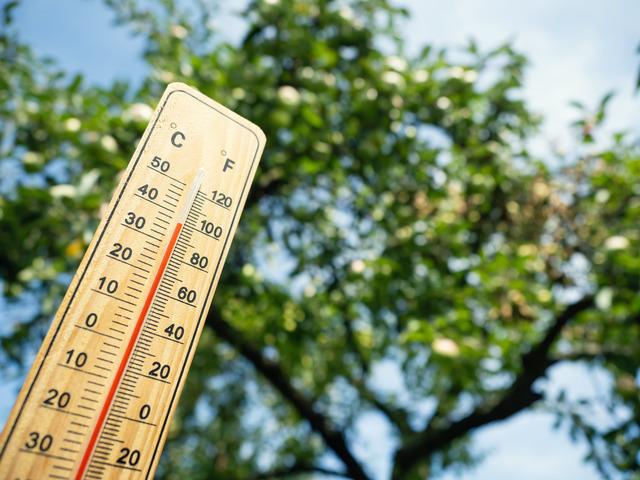
Food poisoning due to food spoilage may occur more frequently due to hot weather. For this reason, it is important to avoid the consumption of foods sold outside and in the open, especially in summer months, not to keep potentially risky foods such as meat, eggs, milk and fish, which spoil quickly, in the open, and to pay attention to hygiene rules during the preparation and cooking of foods.

In order to prevent diarrhea, which is common in babies and children, especially in the summer months and caused by rotaviruses, it is requested to pay attention to hand hygiene, wash vegetables and fruits thoroughly with plenty of water before consumption, and those with diarrhea should apply to the nearest health institution.
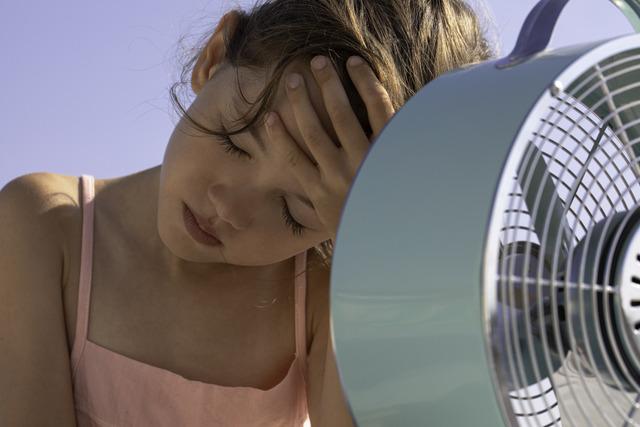
It is recommended not to consume more food than necessary, especially in places that offer open buffet meals during holiday programs planned in the summer months.

